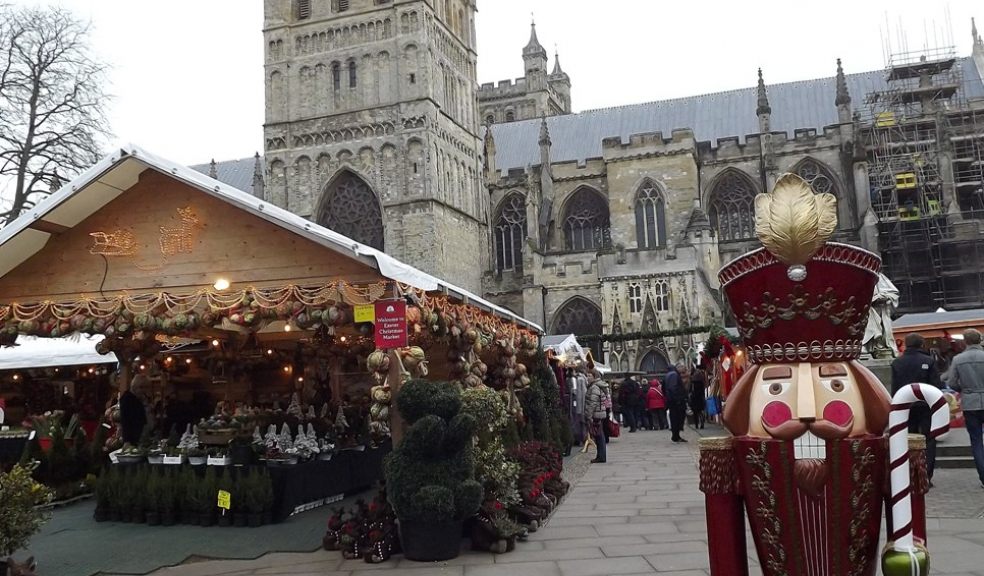
Blog: Reclaiming Christmas
Let’s be honest, Christmas in Britain today is a messy shambles as a religious occasion.
The original story of an unknown Jewish family struggling with tyrannical life in Roman-occupied Palestine has been almost tinselled to death. Layers of cultural interpretation over two thousand years have brought us to a grossly consumerist ‘celebration’ which is totally soaked with meaningless stress, tat and emptiness.
We are already saturated with plastic gifts paid for by debt through plastic money. When gross images of Father Christmas urge us to spend more and more, the red-robed Santa might be better off called a robbing hood.
Do we really care to remember the tale of a homeless couple (including a pregnant unmarried woman), refugees, rural workers, travellers, foreigners, royal child abuse and murder, all set in the context of religious corruption in a brutally imperialistic regime? From that experience we have come today to a 3 day binge of over-indulgence, singing badly written songs and entertained by a series of poor quality titbits.
The outrageous experience of so called ‘Black Friday’, with people fighting over products they may not want and caught up in a frenzy of hysterical shopping, is a sharp reminder of Oscar Wilde’s quip that we know the price of everything and the value of nothing.
So can we rescue Christ’s Mass to have any significance and can this be ecologically positive?
On reflection, Christmas invites us to think globally and to act locally. This is a deeply universal story with a cosmic context (light, planets, stars, magicians and angels). Yet it is also localised and embedded in a particular culture in which there can be unlikely and surprising grassroots solutions in the face of loss and brokenness (nomadic herders, hospitality in caves, women taking a key role, an unexpected newborn, etc.). From these unlikely beginnings grew a significant reform movement that clearly influences us to this day.
So for our times, do we not need to re-appraise our connectedness with Christmas through deeper concerns, including the plight of the most vulnerable and future generations?
Presence is more important than presents. Looking back is helpful but only when it gives hope for the future. The opening of our hearts and hands is more purposeful than the opening of parcels.
What is missing is a sense that Christmas is a community occasion. It is not about ‘happy’ individuals en-joying themselves; it has to do with celebrating our togetherness in society – and especially including those who are most vulnerable.
For example, maybe those who serve meals to homeless people at Christmas, those who join others in running into the sea (!), those who work to care for others (whether as professionals or volunteers), those who buy only from charity shops or local businesses - these are all sharing in an openness for loving one another that most of consumer Christmas crowds simply do not touch.
‘Good will’ means just that. Giving a welcome smile, extending a supportive arm, planting a tree, offering a warm embrace or participating in a shared meal. Small touches which make for caring relationships, a sense of common unity and a more caring society.
These are not examples of seasonal ‘purism’ or a balance to eating too much on Christmas day. Their meaning lies in a focus on the Earth and on the future. Instead of rivalry and competition, let’s create a seasonal ambience of compassion and companionship…
This article first appeared in Devon Churches Green Action News, December 2014














